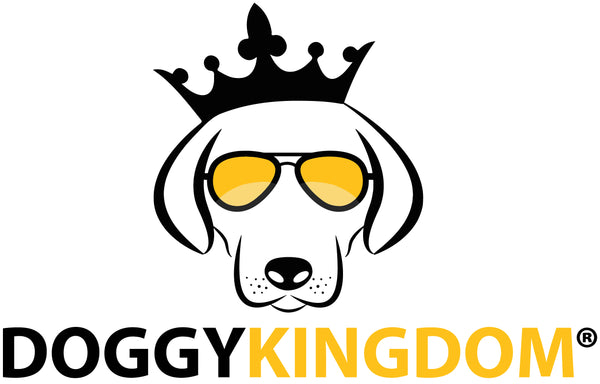Dog Dementia: Learn the Signs
Share
Your dog ages in terribly similar ways to the animal’s human counterparts. Joint pain from arthritis, slower movements, failing eyesight, and loss of hearing are just a few normal signs of canine aging. What few pet owners realize is that dogs can also suffer from dementia. Dog dementia also referred to as canine cognitive dysfunction (CCD) is common.
Understanding Dementia in Dogs
The Journal of Veterinary Behavior addresses dog dementia and outlines the pathological changes that occur in the animal’s brain as a result of advancing years. Interestingly, the changes in a dog’s brain are remarkably similar to those suffered by humans with Alzheimer’s disease. The changes occur slowly and are often subtle so the pet owner may fail to notice the aging mental changes at first. However, as dementia progresses, the dog’s changing behavior becomes harder to ignore.
As many as 50 percent of all aging canines will show signs of cognitive decline as they age. When a dog reaches the age of 11 the pet might start to show dementia. By the time the animal reaches 15 years old, as many as 68 percent of all dogs suffer from age-related cognitive deterioration.
Symptoms of Dog Dementia
The symptoms of dog dementia can differ depending on how advanced the dementia has become. Usually, the initial symptoms are mild, but as the dog ages, they become more severe.
Symptoms of dimension include:
- Confusion - Your pet will appear lost or confused even in familiar surroundings.
- Anxiety - Anxiety is often brought on from confusion. The dog becomes fearful and anxious when the animal cannot remember things.
- Forgetfulness - The aging dog forgets house rules or routines.
- Unresponsive - Your beloved companion might forget their name or even become confused with familiar commands such as come or sit.
- Irritability - Most dogs are confused over their changing mental status so can quickly become irritable.
- Depression - Cognitive decline often leads to depression. Your furry friend might not want to play anymore or go for walks
- Wandering - Dog dementia often causes the animal to become lost even in a house they have lived in their entire life. The dog might start to wander from room to room.
- Lack of Self-Grooming - Dogs might stop grooming because of dementia.
- Loss of Appetite - Dementia leads to loss of appetite and in advanced states the dog appears to forget how to eat.
- Sleep Cycle Changes - The dog might start being awake at night and sleeping much of the day.
- Staring - Many dogs will stare blankly at a wall and show no real reaction. Typically, the animal appears to be in a daze.
- Accidents - A housebroke dog will start to have accidents in the house.
Treating Dementia in An Aging Dog
If your dog has started to show signs of dementia, then it’s time to make an appointment with your veterinarian to explore options. There are many prescription medications that can help your furry buddy continue to enjoy life even with a changing mental status.



